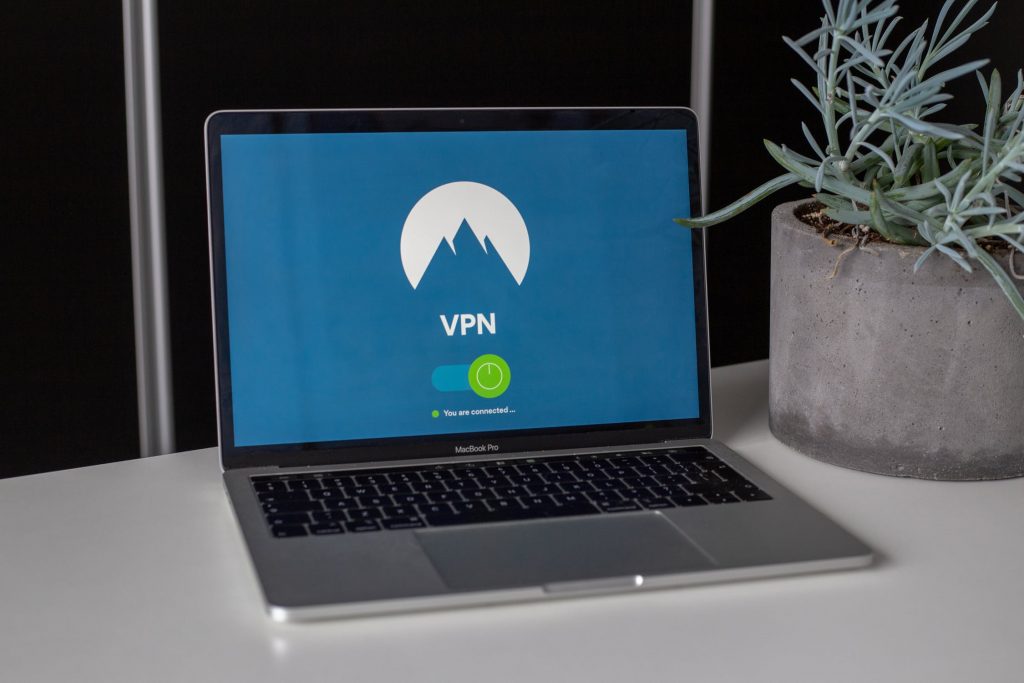A Users Guide to VPNs
There are many factors to keep in mind before buying a VPN. Some of the major ones are:
1. Technical Security
Technical security is the most important factor to look for before buying a VPN. A good VPN keeps all the information hidden, even to itself. Make sure the VPN provider offers a wide selection of strong protocols, the latest levels and techniques for encryption, and additional security features like split-tunneling, kill switches, and Tor compatibility.
Look for features that can be audited by a respected third-party. Features like OpenVPN, and AES-256 encryption, are some of the most important features to consider in a VPN. Your VPN should be able to accept anonymous payments. It must incorporate open-source software wherever appropriate, and it should have clear and strict policies for disclosing vulnerabilities.
Finally, a secure VPN should have multiple measures in place to ensure data protection, and it should also offer the latest and the most sophisticated standards for security available. Before buying a VPN, make sure its claims of security are validated by respected third parties.
2. Privacy Policy
Our second most important factor to consider before buying a VPN is being clear about the privacy policy. Evaluating the privacy policy of a VPN is another important factor to consider. With a market already full of different brands, it gets hard to distinguish sometimes, and buyers end up buying the wrong product. Also, many VPN providers in the market have left room for improvement in privacy policy areas.
The best and the most secure VPNs have ‘Zero-Log Policy’ in place, which means they cannot store any identifying data. However, some VPN providers are using this term without providing any substantial supporting evidence to the buyers, making it difficult for them to be certain whether the VPN is logging or not.
As a buyer, you should be clear about what kind of data the VPN creates and stores during and after a session. You should be clear about the logging policies of the VPN provider and any history of failure to cooperate with legal data requests.
3. Location
Location and jurisdiction are two important features that are overlooked many times. VPN providers are bound to obey local laws and regulations. As a buyer, you should be aware of these laws, and if the VPN provider follows the rules or not as it might affect your privacy.
Theoretically, jurisdiction does not matter if the provider’s privacy policy is watertight. With that being mentioned, a legitimate VPN provider will have clear procedures in response to law enforcement, regardless of the logging policy they have implemented. All these procedures must be available publicly with necessary measures in place to protect user’s data privacy in case third-party requests access to the servers.
4. Business Model and Ownership
VPN service providers can monetize users’ data in unexpected ways. The development and maintenance of a secure and reliable VPN are costly, and many VPN providers choose to subsidize these costs with the help of income generated from multiple external channels.
Make sure your VPN provider clearly explains how they are generating their revenue and how your sensitive data is being used and processed. You should be able to distinguish whether the service provider is generating revenue from subscriptions only and not from processing personal information.
Lastly, make sure you are aware of the VPN service provider has financial stakes with other VPNs. If they do, make sure you know whether they are sharing data or not. As a VPN buyer, you should know who owns the VPN ultimately and whether or not it can be trusted.
5. Determining Your Standards
People use VPNs for a variety of reasons. From torrenting to service streaming and censorship circumvention, it is important that you are aware of the services VPN provides, and you ensure your requirements are met.
After you have successfully tested your VPN for technical security, privacy policy and business model, it’s worth considering other factors like speed, customer services, and support, and device compatibility. Check the VPN provider’s official website and read reviews to see if the provider will work with the required platform and provides good speed. Also, you can research and find out if their servers are working in heavily censored countries.
Lastly, make sure your VPN service provider has dedicated applications for all types of devices. Lack of applications and support for your smartphone, tablet, or streaming device would result in the risk of partial protection and overall sub-optimal user experience.







